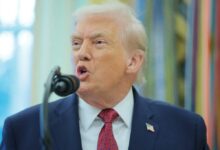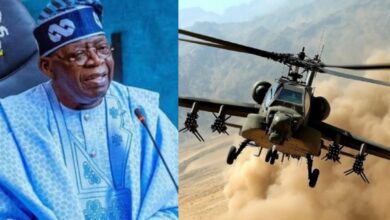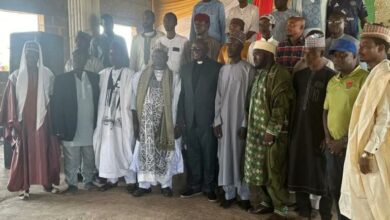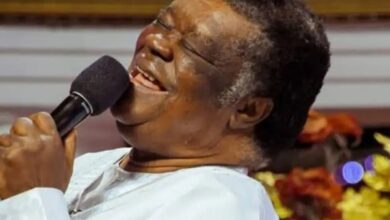Tinubu, Trump Set for Meeting Over ‘Christian Genocide’ in Nigeria
Tinubu, Trump Set for Meeting Over ‘Christian Genocide’ in Nigeria
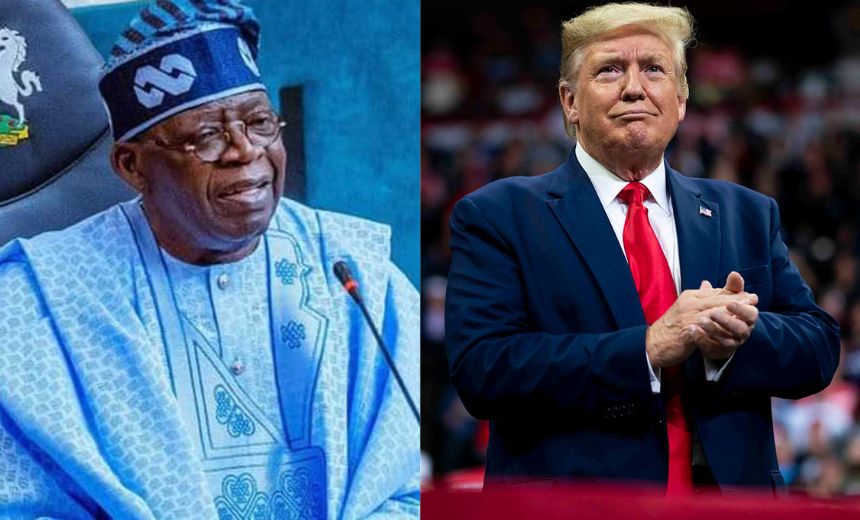
Tinubu, Trump Set for Meeting Over ‘Christian Genocide’ in Nigeria
The reported plan for a meeting between President Bola Ahmed Tinubu and former U.S. President Donald Trump over alleged “Christian genocide” in Nigeria underscores how domestic insecurity has spiraled into a global diplomatic concern. It also highlights the growing tension between humanitarian advocacy and political theater in international relations.
In recent days, Trump has accused the Nigerian government of permitting systematic persecution of Christians and even threatened to cut off U.S. aid or consider military action if the killings continue. He described the situation as “an ongoing genocide against Christians,” claiming that Nigeria has become one of the most dangerous countries for followers of the faith. These explosive remarks have ignited heated debate in both Washington and Abuja.
The Nigerian government, for its part, has firmly rejected the “Christian genocide” label. Presidential aides insist that the violence plaguing parts of the country is not religiously motivated but rather the result of overlapping factors terrorism, banditry, ethnic rivalry, and resource conflicts. The Tinubu administration argues that Christians, Muslims, and people of no faith have all fallen victim to the insecurity ravaging Nigeria’s northern and central regions.
Yet, the phrase “Christian genocide” resonates strongly in Western political circles, where evangelical groups and human rights organizations have long accused Nigeria of failing to protect its Christian population. This perception, whether accurate or exaggerated, has now escalated into a major diplomatic test for Tinubu’s government.
A meeting with Trump who remains a powerful political figure with considerable influence among U.S. conservatives places Tinubu in a delicate position. On one hand, engaging Trump offers a chance to clarify Nigeria’s stance, counter damaging narratives, and potentially win U.S. support in addressing insecurity. On the other hand, it risks legitimizing Trump’s controversial framing of the issue and could inflame religious sensitivities at home.
Nigeria’s challenge is not only to defend its image but also to confront the uncomfortable truth that attacks on Christian communities have indeed occurred, sometimes on a horrific scale. From the Middle Belt to the northeast, thousands of people many of them Christians have been killed in assaults by armed groups and insurgents. These tragedies are undeniable, even if they do not meet the strict definition of genocide under international law.
However, reducing Nigeria’s multifaceted crisis to a simple narrative of “Muslims killing Christians” is both inaccurate and dangerous. Such a portrayal erases the reality that Muslim communities, too, have suffered devastating losses to terrorism, communal violence, and state neglect. It also risks deepening sectarian mistrust in a country where fragile religious coexistence is already under strain.
President Tinubu must therefore approach the meeting with a blend of diplomacy and firmness. His task is twofold: to assert Nigeria’s sovereignty and correct misconceptions, while also demonstrating genuine commitment to human rights and security reform. The administration should use the global spotlight to push for greater international collaboration in intelligence, humanitarian aid, and economic development rather than allow the narrative to be hijacked by alarmism or political opportunism.
For Trump, this issue provides an opportunity to appeal to his evangelical base and project moral leadership, but his rhetoric must not inflame instability in a sovereign African nation. Weaponizing religion for political gain risks worsening Nigeria’s already volatile situation.
Ultimately, this diplomatic episode reveals how fragile the balance between faith, politics, and global perception can be. Nigeria must take its security crisis seriously, not because of foreign threats, but because its citizens Christian and Muslim alike deserve safety and justice.
If handled wisely, the Tinubu–Trump meeting could open channels for cooperation and understanding. But if reduced to grandstanding and blame, it could deepen divides and further damage Nigeria’s international reputation.
The world is watching, and so are millions of Nigerians who hope that diplomacy, not division, will prevail.
